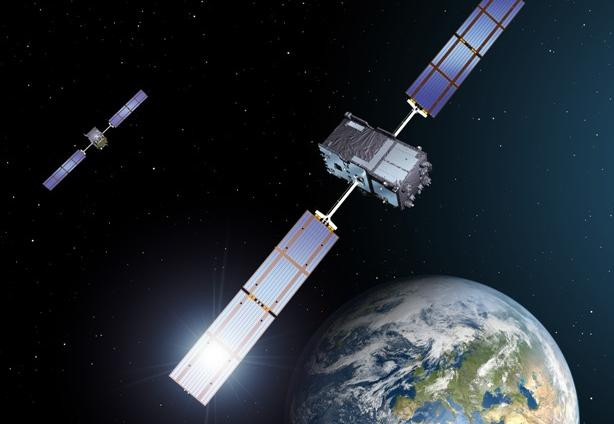The ESA used a Russian Soyuz launcher, taking off from Kourou, French Guiana, to place the satellites in their 23,000 kilometre orbit. The agency is building a “smart satellite navigation system” composed of 30 satellites that will compete America’s Global Positioning System starting in 2014.
The European Commission estimates the current worldwide market for global satellite navigation products and services--such as in-car driving directions, road traffic and utility network management, and search and rescue services--is 124 billion euro. That figure is expected to rise to 244 billion in 2020.
The Commission started the more than 10 billion euro Galileo space programme in 2008 and expects the network to benefit Europe’s economy by approximately 90 billion euro over the next 20 years.
Luxembourg’s space industry is positioned to benefit in the project, having joined the ESA in 2008, Professor Walter Peeters, rector of the International Space University in Strasbourg, said in an interview last year.
“Making antennas for a system like Galileo is a logical extension of what you have” already in the Grand Duchy, Peeters believes. “You will see growth of other activities in Luxembourg in the coming years based on existing technical capacity and engineering. By the way, I would not exclude other sectors, such as legal and consultancy, either.”
Two more satellites are expected to launch next year.
